Psilocybe Caerulipes
$200.00 – $1,000.00
AVAILABLE IN BULK!
Buy Psilocybe Caerulipes Mushrooms For Sale Online.
Psilocybe caerulipes mushrooms (Psilocybe MP caerulipes), commonly known as blue-foot, is a rare psilocybin mushroom of the family Hymenogastraceae, having psilocybin and psilocin as its main active compounds.
Psilocybe caerulipes mushrooms have a farinaceous taste and a mild to slightly farinaceous odor.
- The cap is 1–3.5 cm in diameter, obtusely conic to convex, and the margin is initially turned inwards, later becoming broadly convex to flattened or somewhat umbilicate while retaining a slight umbo and at times quite irregular. The surface is viscid when moist from a gelatinous pellicle but soon becomes dry and shiny, translucent-striate, and decorated with fine fibrillose veil remnants near the margin, often with greenish stains near the margin or a greenish tinge overall. It is cinnamon brown to dingy brown when fresh, hygrophanous, and soon fading from dingy ochraceous buff to cinnamon buff. The flesh is thin, pliant, and bruising blue, sometimes slowly.
- The gills are close to crowded and narrow, with adnate to sinuate to the uncinate attachment. They are light brown at first, becoming rusty cinnamon as the spores mature; the edges are whitish and slightly fimbriate.
- The spores are dark purple-brown, ellipsoid, 7—10 x 4—5 µm from 4-spored basidia, thick-walled, and with a broad germ pore. The spores from 2-spored basidia are larger.
- The stipe is 3–6 cm long, 1.5–3 mm thick, equal to enlarging downwards, tough, and whitish to buff at first. The stipe is pallid to bluish when dried, becoming dingy brown towards the base with age, and bruises blue, sometimes slowly. The surface is powdered at the apex and covered with whitish-to-grayish fibrils downward. The flesh is stuffed with pith and is solid at first but becomes hollow It lacks an annulus, but sometimes remnants of the thin cortinate partial veil form a soon-vanishing fibrillose annular zone in the upper region of the stem.
- Microscopic features: The basidia are 2- and 4-spored. Pleurocystidia are absent. The cheilocystidia are 18–35 x 4.5–7.5 µm, langeniform (swollen at the base, narrowed at the top), and with a thin neck, sometimes forked, 1–2.5 µm broad at apices.
Blue Foot Mushroom Medical Use
The amount of thiamine, or vitamin B1 available in the blue foot Mushroom acts as a good remedy for nervous support and blood sugar control. Thiamine helps to change carbohydrates, which are polysaccharides, into energy useful to the body and the brain. Its relaxation effects are a good remedy for curing depression and anxiety in cancer patients. It is an excellent treatment for people suffering from mood disorders due to its psychedelic effects.
Effects of Consuming Psilocybe Caerulipes
Once consumed, the effects begin to be felt within the first hour, peak within 2 hours, and plateau between 4 and 6 hours. Those effects can last between 4-12 hours, depending on the tolerance of the use.
Some effects of consuming psilocybe caerulipes mushrooms include dilated pupils, increased heart rate, nausea, hallucinations, difficulty focusing, and distortion of vision, among others. Some users report having positive effects from consuming blue foot mushrooms, including feeling calm and having a sense of connection with others.
Similar to other magic mushrooms, psilocybe caerulipes mushrooms are not thought to cause addiction or toxicity in the blood. Studies have shown that psilocybin does not affect electrolyte levels, enzyme levels, or liver enzymes’ functioning.
Unlike other narcotics drugs when they begin to wear off, the comdown phase from psilocybe caerulipes and other psilocybin mushrooms is said to be rather pleasant. Trippers report feeling mellow, calm, and introspective as the psychedelic effects begin to dissipate.
Consumption
The psilocybe caerulipes can be consumed in various ways, including as an ingredient in other culinary recipes, whether raw, steamed, or brewed in tea.
Cultivation
The blue foot mushroom is one of the rarest types of magic mushrooms. The legalities surrounding selling and purchasing blue foot spores and those of other psilocybin mushrooms can make it difficult to find their spores for cultivation.
| Quantity | OZ, 1/4 POUND, 1/2 POUND, POUND |
|---|
Be the first to review “Psilocybe Caerulipes” Cancel reply
Related products
Dried Magic Mushrooms
Dried Magic Mushrooms
Dried Magic Mushrooms
Dried Magic Mushrooms
Dried Magic Mushrooms
Dried Magic Mushrooms
Dried Magic Mushrooms
Dried Magic Mushrooms
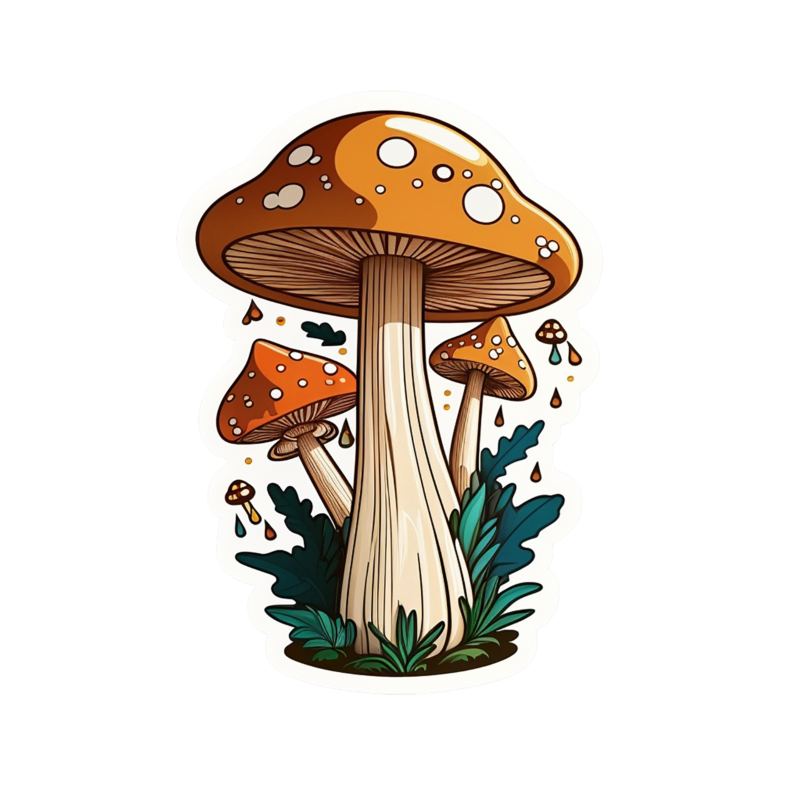


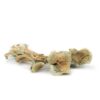
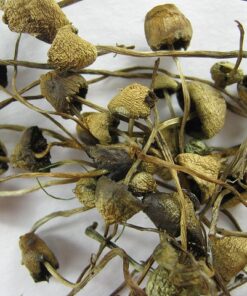
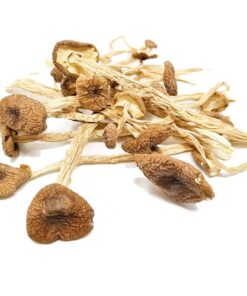
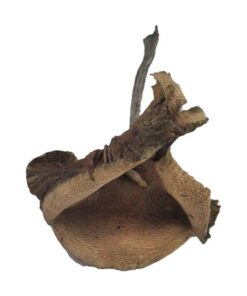

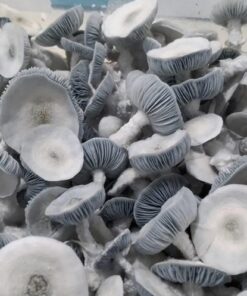
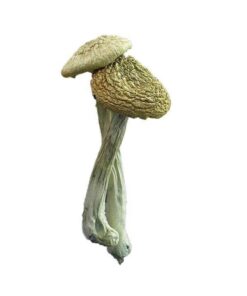
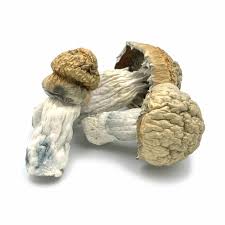

Reviews
There are no reviews yet.